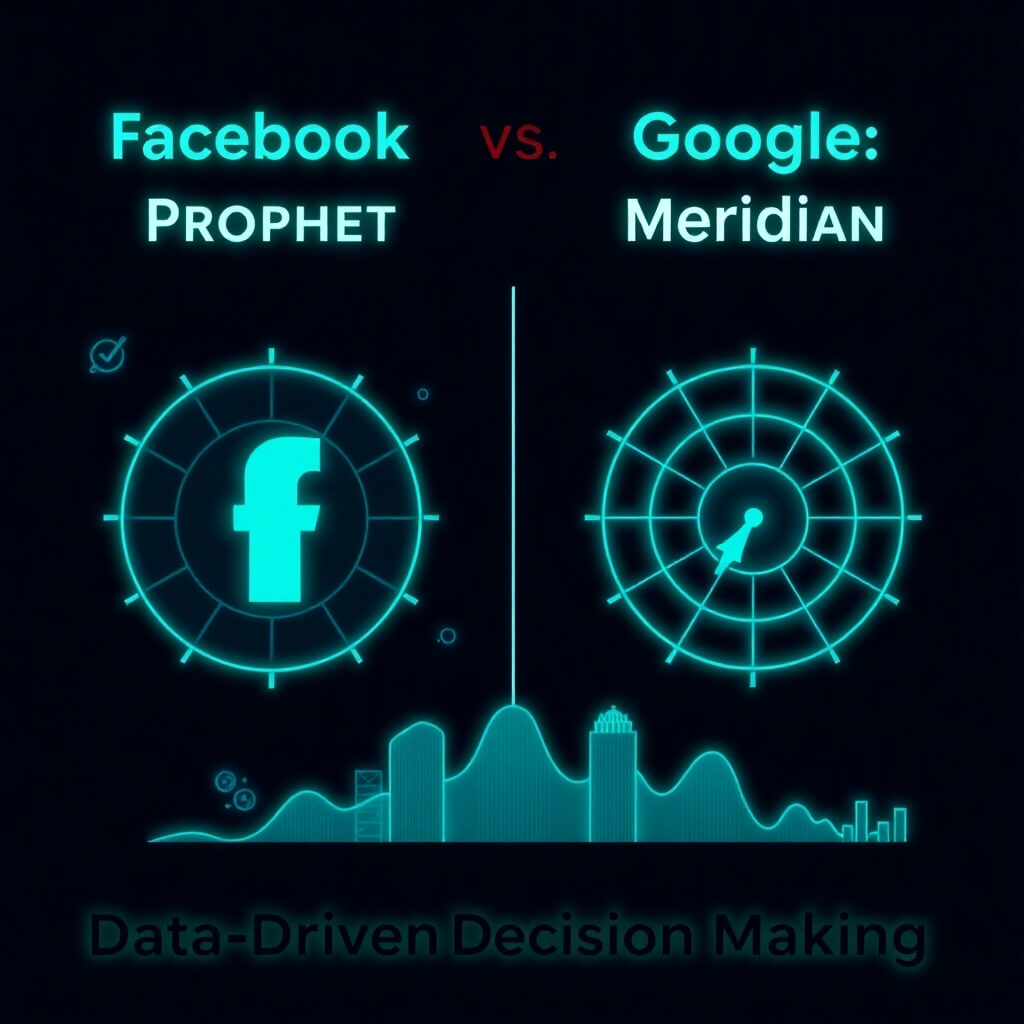In developing a paid search program, it’s not uncommon to spend 99% of your energy focusing on those who “might” be interested in your brand and only 1% on those who are “definitively” interested in it.
Now this is a pretty bold statement, so let me provide some context. When planning a paid search campaign, you often spend countless hours identifying key categorical and industry terms, in an attempt to ensure your message is inserted into the informational quest of your target. You then follow this up by crafting messaging that will hopefully distinguish your offering in what is likely a very competitive field. The result is a well thought-out “categorical battle plan” that showcases how you’re going to connect with the user throughout much of the purchase or engagement cycle, when they aren’t necessarily considering you to begin with.
While establishing a categorical beachhead is a necessity for any paid search program, when it comes to branded terms all too often much less attention and zeal is applied. The rationale behind this logic is that the user searching for your brand already knows who you are, wants to engage, and more often than not, there is little or no competitive presence. Therefore, it seems to me that users who search on branded terms are simply taken for granted. It’s assumed that if they are familiar enough with a brand to search for it, you don’t need to spend much, if any, effort to connect with them.
While the tone of this sentence may sound cynical, there is actually some truth to it. Yes, users who search on branded terms will be far more responsive to the message put before them, but its how you choose to leverage that branded impression that truly makes the difference. What you have with the “branded searcher” is a very unique opportunity as they, unlike the majority of users you want to connect with, are already interested in who you are. One only has to look at the click-through and conversion rates around branded terms to confirm this assumption. Branded terms provide not only cheap clicks, but also an opportunity to uniquely engage what should be considered a very high value prospect with a unique message. Therefore, it’s my belief that these types of users should not be considered as an afterthought, but rather be placed at the forefront of your overall paid search strategy.
Examples of Missed Opportunity
When searching for a specific brand I’ve often noticed that users are presented with a general brand message that’s very similar to what’s already presented via the organic listing. (See below example from Walmart) And while the paid listing may be supplemented by SiteLinks that highlight specific items or offerings, in many cases they tend to compliment the SiteLinks being presented organically. Therefore instead of the paid listing being used to highlight specific offerings or initiatives, what you end up with are two very similar brand messages, except one is free and one you pay for. Other than defending your brand’s turf from competitors who may choose to bid on your brand, are you really bringing any additional value to the table via your paid search listing?
The other extreme are brands that choose not to bid on branded terms at all. They most likely feel that since they are present organically there is no reason to pay to be there. (See below example from Target) Brands that have this attitude are not only potentially yielding valued real estate to competitors who choose to bid on their brand name, they are also losing out on the opportunity to uniquely engage users who knowingly have some level of familiarity with their brand.
The Value of the Branded Query
Users who search for your brand are unlike most others. As noted above, these should be viewed as some of your most highly valued prospects, and therefore should be treated as such. The following are just a few reasons:
Brand Familiarity
Users searching for your brand already know who you are. If 98% of the battle associated with marketing is to get your brand to “rise above the clutter”, then you have already won the battle with these users.
Brand Knowledge
It’s safe to assume that those searching for your brand have a somewhat higher level of knowledge than those who have encountered you via categorical or industry related query. Therefore, these users will likely be receptive to deeper and more highly focused messaging.
Purchase Intent
Those searching for your brand are likely further down the sales funnel than those searching on categorical or industry terminology. In fact, it’s likely that these users have already encountered your brand in other capacities, have researched what you have to offer and are now searching for your brand because they have very specific informational or purchase intentions in mind.
Brand Evangelism
While not everyone searching for your brand is an evangelist, it’s safe to assume a good number are. Therefore, by making them aware of key initiatives, you can empower them with the necessary knowledge to spread the word to others on your behalf.
Associative Branding
So how do you make the most out of your branded search presence? In my opinion, you capitalize on this opportunity by deploying an “Associative Branding” strategy. Simply stated, an “Associative Branding” strategy is one built around messaging and ideas that you would like to have your brand be associated with.
This is nothing new, as brands do this all the time and have been doing it for ages. Just look at any kind of sponsorship or underwriting deals…sports, entertainment, etc. What most of these strategies have in common is that they are based on getting the user to associate the brand with the category, as the user is being targeted based on their relationship with the category, not the brand. Therefore, if the user walks away from this experience having recalled the brand and done so within the context of the category, success has been achieved.
However, in the case of a user searching via branded terms, Associative Branding is somewhat turned on its head. The big difference here is that the user knows who you are and has expressed a definitive interest in your brand. As noted earlier, you’ve already cut through the clutter, so you now have been afforded the opportunity to present the prospect with a deeper level of messaging that enables them to engage with your brand on a more intimate level. However, what you now need to ask is what kind of brand association do you want to extend to this user?
The following are just a few Associative Branding tactics to consider around your branded terms:
Product Introductions
In this case you might highlight a specific new product offering as this ensures that those who are likely most knowledgeable about your company are aware of and have direct access to your latest offering.
Special Offers & Promotions
If you are running a special promotion, such as a Black Friday or a President’s Day Sale or seasonal offering such as a Holiday Sale, call it out and make it the focus of your message. This will ensure that those who are most likely furthest along in the purchase funnel are able to directly to take advantage of the offering and access it.
Product Spotlights
If there is a specific product or element of your business that you want to showcase, highlight them via your branded terms. This will ensure that users can readily associate this product with your brand and in turn readily access information on it.
Crisis Management
If your brand has been the unfortunate recipient of bad publicity and is garnering significant search activity, you can use branded terms to showcase how you are addressing the issue. Below is an example of how BP is doing exactly this to address the gulf oil spill.
In noting the above examples, a key unifying factor is that they are components of your core brand. However, by linking them to the branded query they afford you the opportunity to craft the user’s associative perception of your brand. While BP may not want to be associated with the oil spill, they certainly do want to be associated with taking responsibility and working to address the issue. The key here is to look at the different components associated with your brand and decide which you’d like to feature and associate within the context that branded paid search queries afford. In short, with an Associative Branding strategy what you’re ultimately doing is showing already knowledgeable users that there is a deeper component to the brand and providing them with a direct path to experience and engage with this element.
Paid and Organic Integration
In noting all of the above, one question you may be asking yourself is, “what if the user is not interested in what you are promoting via your paid ad and has queried your brand for a completely different reason?” My answer to this is that it’s what the branded organic listing is for. Any branded query will yield a brand’s organic listing at the top of the SERP page, so if a user is just looking for general information or something different, they can leverage those listings. In short, by taking this approach you are truly deploying an integrated branded search strategy, as you are using your branded organic results to cater to one user type and branded paid results to another.
In the end, your branded terms are unique in that they provide you with the opportunity to present specific messaging to what is likely a your most knowledgeable and receptive audience. However, the key to success is to first understand the value of the branded query and the audience that it brings forth. In doing so, you’ll be able to not only create a search strategy that leverages the unique value of paid and organic listings; you’ll grow key areas of your business (awareness and sales). Ultimately, by deploying an Associative Branding strategy for your branded terms, you’ll not only leverage your existing brand investment, but in doing so enable users to forge a deeper, more intimate and ideally profitable, brand relationship.








